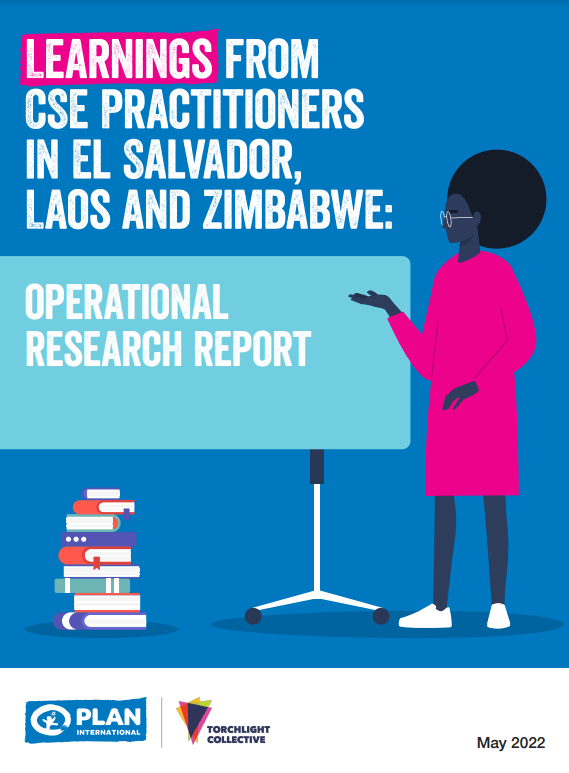
Despite an ever-growing evidence base on the effectiveness of Comprehensive Sexuality Education (CSE) on a variety of health and gender outcomes, there is little in the way of operational guidance aimed at NGOs or civil society organisations.
This operational research study is intended to fill gaps in the existing evidence by distilling lessons from implementing organisations worldwide and drawing upon the strengths and experiences of the country offices in El Salvador, Laos and Zimbabwe, all of which are involved in CSE programming. It focuses exclusively on operationalisation – the how of CSE. How can we take high-level recommendations and adapt them in varied and challenging contexts, without losing our rights-based, gender-transformative, and sex positive approach?
The research was undertaken from March to December 2021. It included a literature review, external key informant interviews and primary data collection in El Salvador, Laos and Zimbabwe.
The technical and summary reports examine, and provide concrete recommendations for, the following five stages of CSE programmatic implementation:
- Engagement/Planning
- Design
- Implementation/Delivery
- Monitoring, Evaluation and Learning
- Sustainability/Scale-Up
Key recommendations can be summarised as follows:
- There is not one CSE model: context is crucial.
- The participation of, and the accountability to the young people for whom CSE programmes are so vital, underpins their success.
- Partnerships – buy-in from all levels of society from parents to governments – are crucial for effectiveness, funding and sustainability.
- Ongoing support for educators and facilitators is also crucial, as is the safeguarding of all participants in all spaces.
- Make use of digital tools and spaces, but not exclusively.
- Advocacy and influencing are central to the programme’s longevity and impact and must be planned and budgeted for.
- Budgets must be realistic, detailed and cost both time and resources for each programme phase.
- Share learning – CSE practitioners must find time and space to do this.
The summary report also shines a spotlight on our interest in and dedication to safe learning environments. As Plan International increasingly expands its work into complex crisis and humanitarian contexts, we must look to balance sex-positive messages of our CSE work while being sensitive to the experiences of children and young people who are managing harmful events and stressful ordeals, particularly related to their sexual and reproductive health and well-being.
Download technical report
CSE Technical Report (English)
4.43 mb
Download summary report
SRHR CSE – Summary Report (English)
3.93 mb
SRHR CSE – Summary Report (French)
4.44 mb
SRHR CSE – Summary Report (Spanish)
4.22 mb



